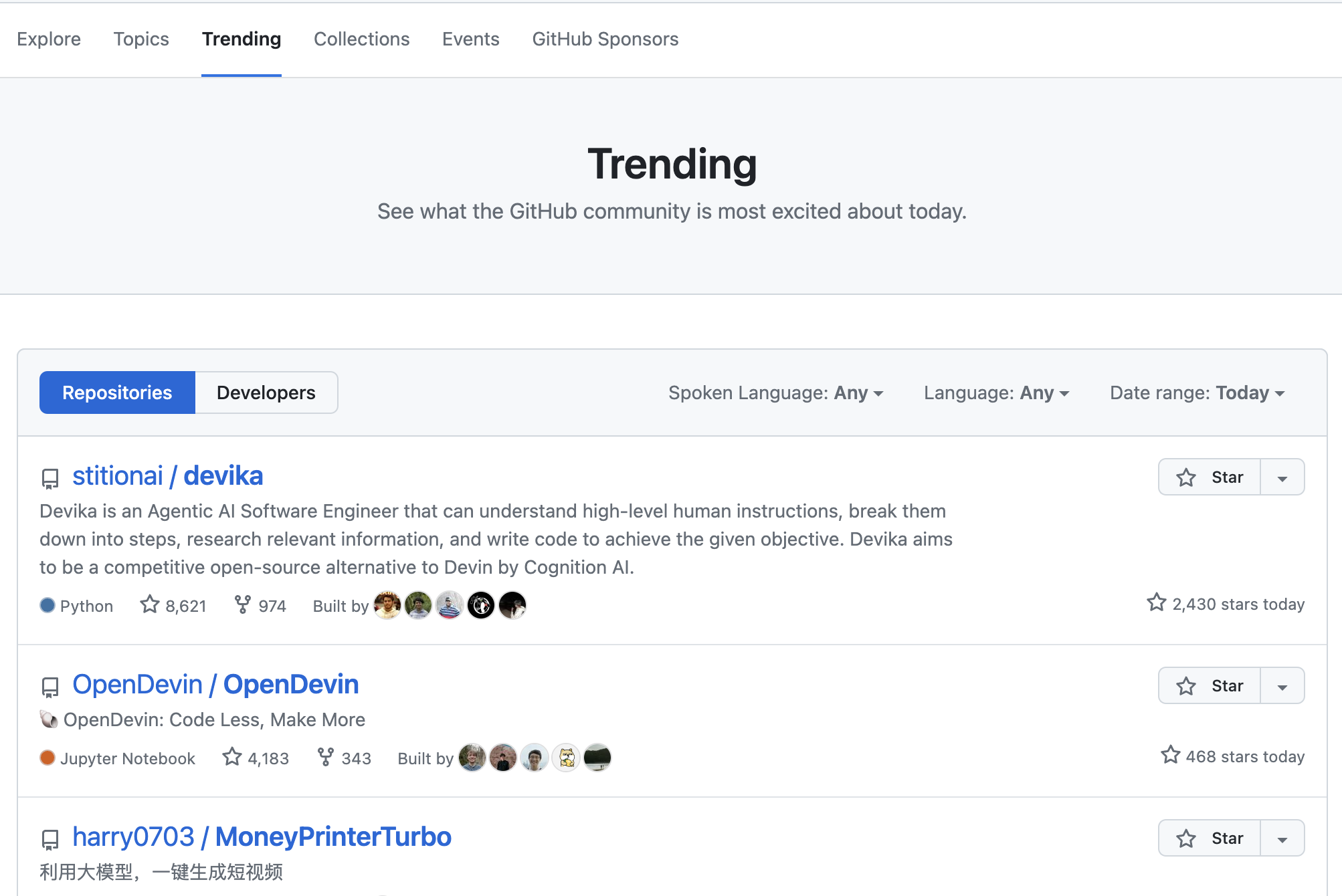GitHub as a Social Network
Posted by:
-

Konstantin
A couple of months ago, we at the Headbright Group migrated away from GitHub to our self-hosted Forgejo instance. There are many reasons why we took this step (you can read some comments on Mastodon). Overall, the experience has been amazing. We get to contribute to the development of a more resilient and decentralized web, and we're completely in control of how our source repositories are hosted and managed. All those old MacBook Pros and PCs that have been filling my cupboard also found themselves repurposed to host dedicated build agents 🚀!
Anyway, back to GitHub as a social network. The thought that Microsoft may be trying to create some kind of social network was enough to trigger my curiosity and make me check it out. (Did you know that the original slogan of GitHub was "Social Code Hosting"?)
What are the 'social' features of GitHub that we know about?
The Contribution Graph
We already know about this one, and it's very well documented.

Trending repositories
The trending repositories section (at https://github.com/trending) seems to be a daily selection of repos with activity making them deserving of being "trending".

On first sight, this seems to be a very simple kind of ranking based entirely on activity within the repository. But I'm not sure if I have the full picture. It's hard to imagine a software development workflow which is somehow adapted to favour clustering of activity (e.g. let's wait to merge all PRs until the last day of a sprint, so the repository may appear more active 🤨). For example, what does it mean for a repository to be trending - did it get a lot of stars in a single day? A lot of commits? I don't know.
Since GitHub has not (yet?) been classified as a gatekeeper product of Microsoft or a Very Large Online Platform (VLOP), I decided to check the DSA Transparency Database (since companies are encouraged to share this information regardless of their gatekeeper status) but with no success.
The Home feed
I feel this page is a bit like the default cube in a new Blender project - it's always there and usually doesn't include one's actual final destination (somewhere deeper in a repository, or trying to look up a private repository for one of your organizations).

This is the one that has been getting tiny tweaks lately. It used to be a simple activity stream of what folks you follow have been up to - starring repositories, creating forks or merging PRs. All very useful and interesting things to see there, I've discovered more than once cool projects people have happened to star around the time I landed on the Home page.
What we're also starting to see however, is tiny appearance of trending repositories. You see it down there in the corner? Yup, that's it. If this were 2015, we would probably all be very excited about this development. Better discoverability! Moar engagement! Only good vibes. But the year is 2024.
We "regular users", just like a LLM, have received our training of the nuances of social networks and so the Home feed is now transitioning towards a "For You" style feed.
If it has a for you section and looks like a social network...
One can easily imagine that the information from what we star, the topics we follow and our own activity (e.g. the languages we use) are used to cook-up a list of repositories that may be interesting. Which is awesome, I don't mind good recommendations... who knows, maybe GitHub will be appearing on the European Centre for Algorithmic Transparency much sooner than we expect.